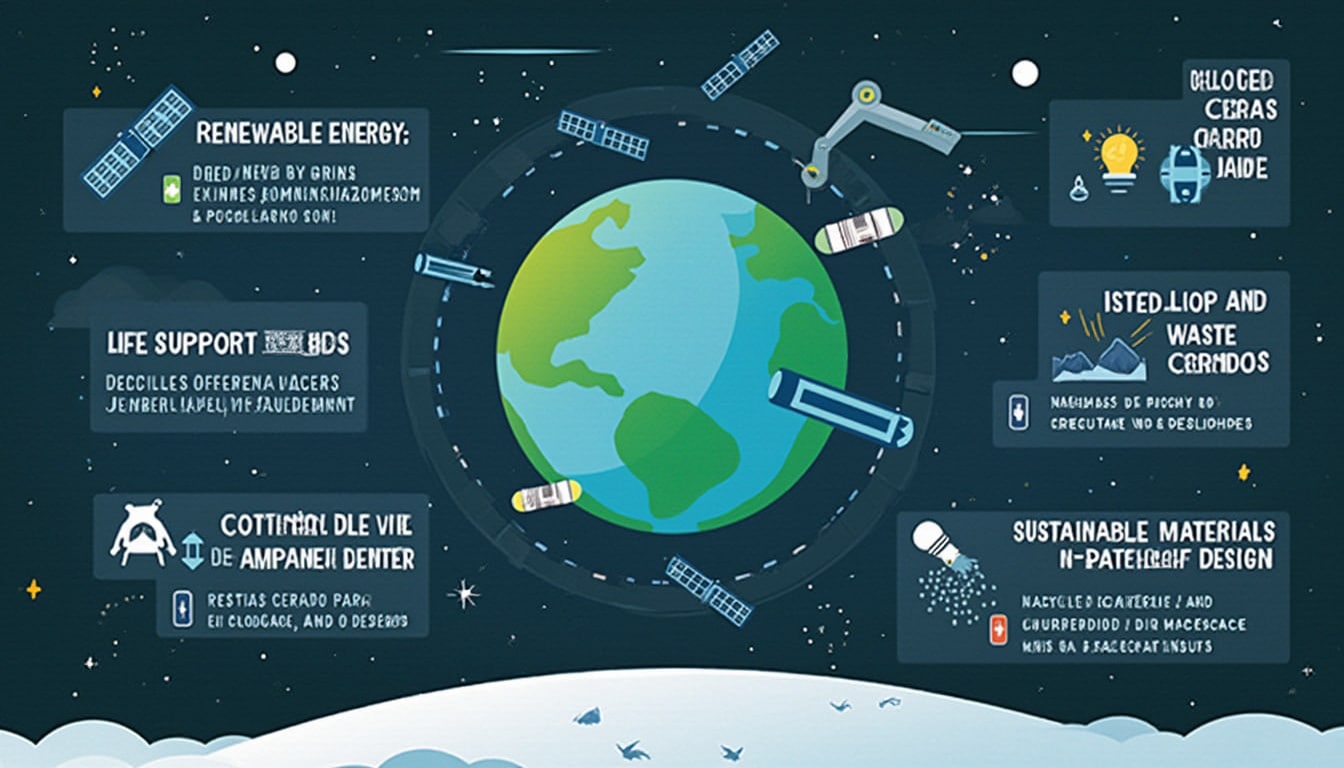In a world where space exploration has rapidly advanced, China stands at a pivotal crossroads, poised to forge its own path in the cosmos. As Elon Musk’s SpaceX leads the charge in commercial space ventures, China’s response showcases both ambition and innovation. With a robust strategy aimed at establishing a significant presence in the space industry, the narrative is shifting. This article delves into China’s aspirations, focusing on the formation of private companies, advancements in technology, and strategies to rival established giants like SpaceX.
The Birth of a New Era
The dawn of a new era in space exploration is characterized by significant investments and advancements in technology. As competition heats up, China aims to leverage its growing technological prowess to secure its foothold in this expansive frontier. Amidst ongoing governmental support for space initiatives, a wave of entrepreneurial spirit is emanating from private entities eager to challenge the status quo. The space race has been redefined; no longer is it solely a matter for governments, but a burgeoning industry fueled by innovation and investment.

Government and Private Sector Collaboration
China’s approach combines the strength of government backing with the flexibility of private enterprise. The nation’s key players, such as Orienspace led by Yao Song, showcase a burgeoning trend among entrepreneurs to mirror SpaceX’s developmental roadmap. This collaboration is pivotal; state support provides essential funding and resources, while private companies bring innovation, agility, and commercial viability to projects.
Technological Innovations and Breakthroughs
Technological advancements form the backbone of China’s expansive vision. The nation has prioritized lightweight materials, advanced propulsion technologies, and reusable launch systems in an effort to reduce costs and improve efficiency. These innovations reflect a strategic alignment with global benchmarks set by SpaceX, particularly the Falcon 9’s reusable concept. As China’s space manufacturing capabilities evolve, so too does its potential to disrupt the established industry order, advancing its goals significantly.

Challenging SpaceX: The Competitive Landscape
The presence of companies like Orienspace symbolizes China’s aim to compete directly with SpaceX. By analyzing Musk’s strategies, Chinese firms can implement similar frameworks tailored to their unique circumstances. Various aspects, including satellite deployment, space tourism, and interplanetary missions, form a comprehensive approach that mirrors Musk’s ambitions while considering the nuances of China’s socio-economic fabric.
Lessons from SpaceX
SpaceX’s transformative impact on the industry cannot be overstated. From its pioneering reusable rockets to its ambitious plans for Mars colonization, the company has set high-bar standards. Chinese entrepreneurs and engineers are closely studying these developments, adapting them for local contexts. This learning curve emphasizes an understanding of market demands, technological capabilities, and regulatory frameworks vital for establishing a dominant presence in the global arena.

Market Considerations and Economic Incentives
Understanding the economic landscape is crucial for the success of China’s space aspirations. As demand for satellite services, lunar exploration, and interplanetary missions increases, the role of private companies becomes even more significant. The convergence of technology and market forces suggests a promising future for commercial endeavors. Companies will likely explore partnerships with both governmental agencies and international firms to enhance expertise and expand operational capabilities.
China’s Vision for the Future
China’s vision extends far beyond mere replicative efforts in space; it aims to redefine global space exploration efforts fundamentally. With its focus on building a viable sustainable ecosystem, China seeks to unlock resources from the moon and beyond. The potential for collaboration with international partners on lunar missions, asteroid mining, and Mars exploration is immense. As technological advancements continue, the implications for humanity’s future in space could be transformative.

The Role of Public Engagement and Education
Public engagement in space initiatives is critical for garnering support and inspiring the next generation of enthusiasts. Increased awareness and interest in space can drive educational programs aimed at nurturing future scientists and engineers. China’s space agencies and private companies are focused on outreach strategies that showcase the feasibility and excitement of space endeavors, ensuring that the drive for exploration resonates deeply within its society.
Environmental Considerations in Space Exploration
As space exploration evolves, so too do the environmental responsibilities accompanying it. China’s approach must incorporate sustainability within its missions, balancing aspirations with ecological impacts. The commitment to minimizing space debris, ensuring eco-friendly rocket components, and implementing responsible resource management is crucial for maintaining a sustainable presence in space. Initiatives to research and develop cleaner technologies will shape the future direction of the industry.

A Bright Future Awaits
As China embarks upon this ambitious journey, the echoes of history remind us of the significance of exploration. The drive to expand humanity’s reach into space reflects our inherent curiosity and desire for discovery. The trajectory of space exploration continues to evolve, influenced by geopolitics, technological breakthroughs, and societal aspirations. The stage is set for a bright future filled with potential, and China’s robust framework for innovation and competition is a testament to its commitment to leading the charge in the new space era.




Leave a Reply